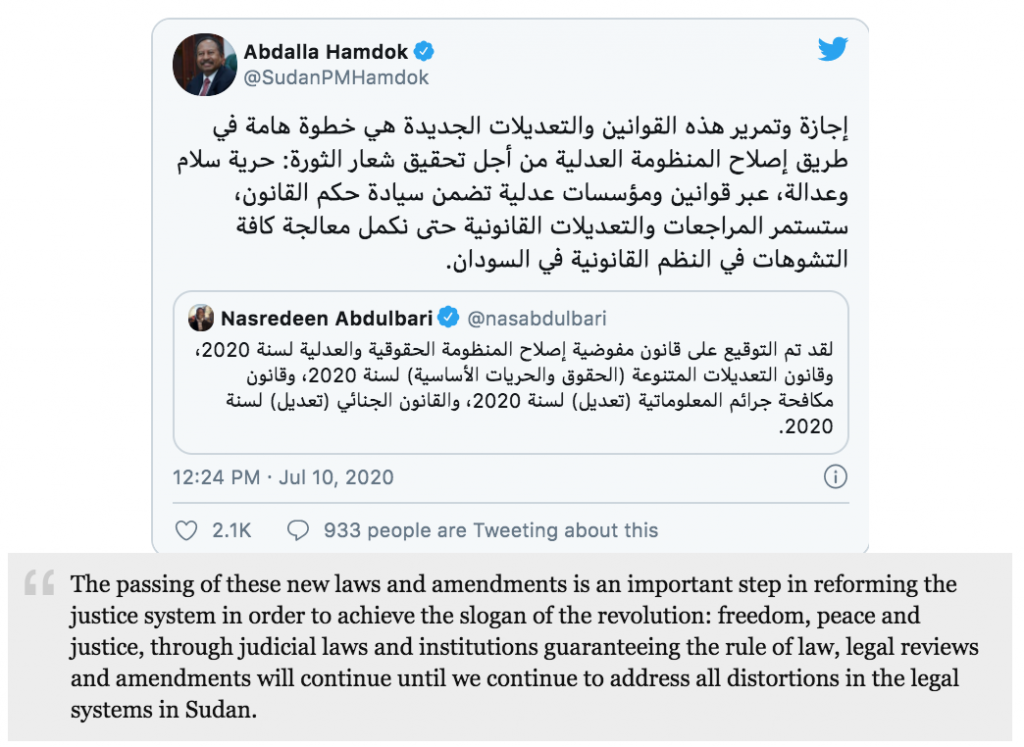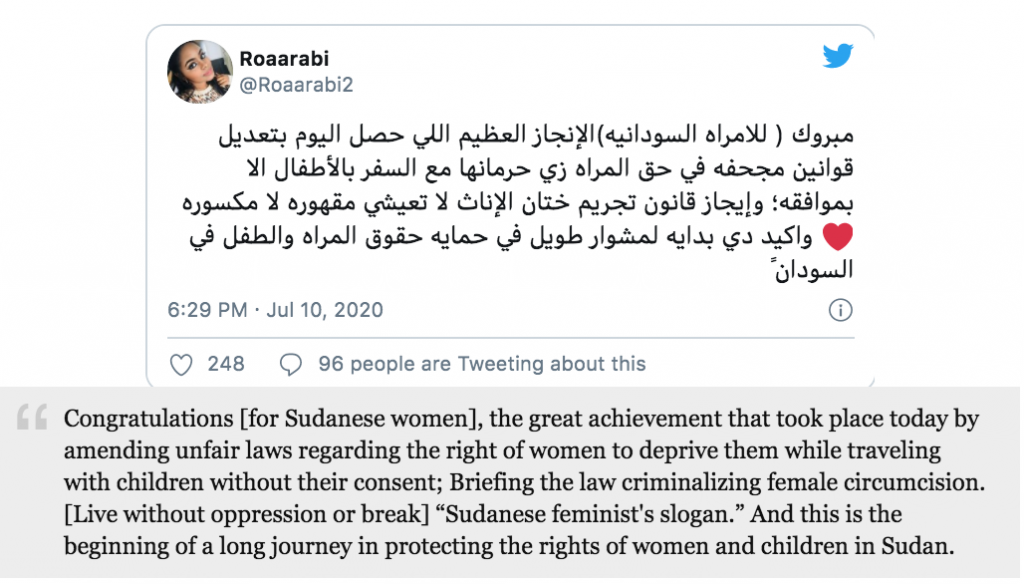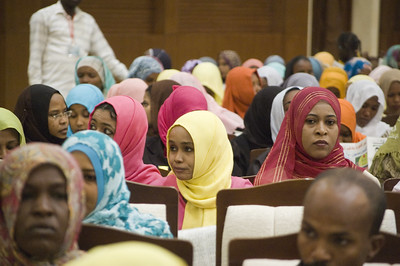Throughout the past two years, the international human rights and religious freedom community has been pleasantly surprised again and again after seeing Sudan’s transitional government make momentous strides to return religious freedom to the nation. In April 2019 Sudan’s revolution ended a decades-long authoritarian regime and installed citizen-led government that would lead the country for three years until April 2022. Ever since this transition of leadership, power has been placed back into the hands of the Sudanese people by planning for a re-introduction of democratic elections and religious freedom.
The United States Commission on International Religious Freedom (USCIRF) explains in a recent policy update all of the progress Sudan’s transitional government has made in the area of religious freedom:
- inclusion of an article guaranteeing that “every citizen has the right to freedom of religion or belief” in the nation’s transitional constitution;
Sudan’s Interim Constitution of 2019 includes provisions protecting religious freedom. Article 43 states that “The state undertakes to protect and strengthen the rights contained in this Charter and to guarantee them for all without discrimination on the basis of race, color, gender, language, religion, political opinion, social status, or other reason.” Article 56 states “Every person has the right to freedom of religious belief and worship. They shall have the right to profess or express their religion or belief through worship, education, practice, performance of rituals, or celebrations, in accordance with the requirements of the law and public order. No one shall be compelled to convert to a religion they do not believe in or to practice rites or rituals they do not voluntarily accept.”
- the repeal of the problematic public order laws, which disproportionately targeted women for arbitrary arrest and detention;
The public order laws had for decades oppressed women. According to Amnesty International, “the repealed public order laws gave the public order police extensive powers t arrest any person, particularly targeting women for dancing at parties, vending on the streets, and begging.” Amnesty also calls upon the Sudanese transitional government to ratify the UN Convention on the Elimination of all Forms of Discrimination Against Women (CEDAW) to further the protection of women’s rights.
- the July 2020 repeal of Sudan’s blasphemy and apostasy laws through the new Miscellaneous Amendments Act; expanding women’s freedom to travel independently; legally prohibiting female genital mutilation and cutting (FGM/C);
Sudan’s historical blasphemy and apostasy laws prohibited and harshly criminalized religious conversions away from Islam and included the death penalty as the default sentence for anyone convicted of such crimes. If an individual accused and convicted of apostasy did not withdraw their religious conversion within three days, they could be subject to the most abhorrent of punishments and/or sentences. The Miscellaneous Amendments Act also criminalizes all acts of FGM/C


- promoting the focus on secular ideals rather than religious ideals within government institutions;
- increasing women’s participation and representation in all three governmental branches;
The empowerment of women comes as a secondary effect of many of the new legislations protecting religious freedom, as women often disproportionately fell victims such laws due to their disenfranchised status. Moreover, according to USCIRF, following the negotiation with the Sudanese Women Unions that wanted 50% representation of women in government positions, the government filled a 40% quota. Women are now able to- and do- hold high positions in the executive and judicial branches.
- the upcoming “establishment of an independent commission for religious freedom.”
Sudan’s transitional government collaborated with the Sudan People’s Liberation Movement-North to agree upon the establishment of a commission for religious freedom as well as a Ministry for Peace and Human Rights. One human rights and religious freedom lawyer, Mohaned Mustafa El Nour, told Christian Solidarity Worldwide:
“The establishment of a national commission on religious freedom is a very important step in addressing violations of this right in Sudan. It is proper for these discussions to be taking place in the peace talks, but it is also very important that the commission is tasked with addressing violations occurring nationally. Over the last few years, we have seen attacks and violations of religious freedom concentrated in Khartoum, but also in other states, including Darfur. It is vital that the commission can address abuses committed in all states and protect all religious communities in Sudan.”
________________________________________________________________________________________________________________________________________________________________________
While the above progress certainly exhibits the nation’s commitment to preserving religious freedom and eliminating discrimination, it is important to note that much more still needs to be done. As recently as a few years ago, radical Islamic ideology dominated Sudan’s institutions, religious minorities were repeatedly arrested and detained for their affiliation, churches demolished and destroyed, and ethno-religious tensions and violence were at the forefront of the nation’s reputation.
However, the period of intersectional, intercultural, inter-religious, and inter-ethnic unity and determination for the common purpose of ending the oppressive regime is a testament of the nation’s optimistic and hopeful future. Should Sudan’s transitional government continue to make measurable steps such as the ones mentioned above, it might become the leading nation of a broader revolution- a revolution of religious freedom.
Image by Sebastian Baryli on Flickr

